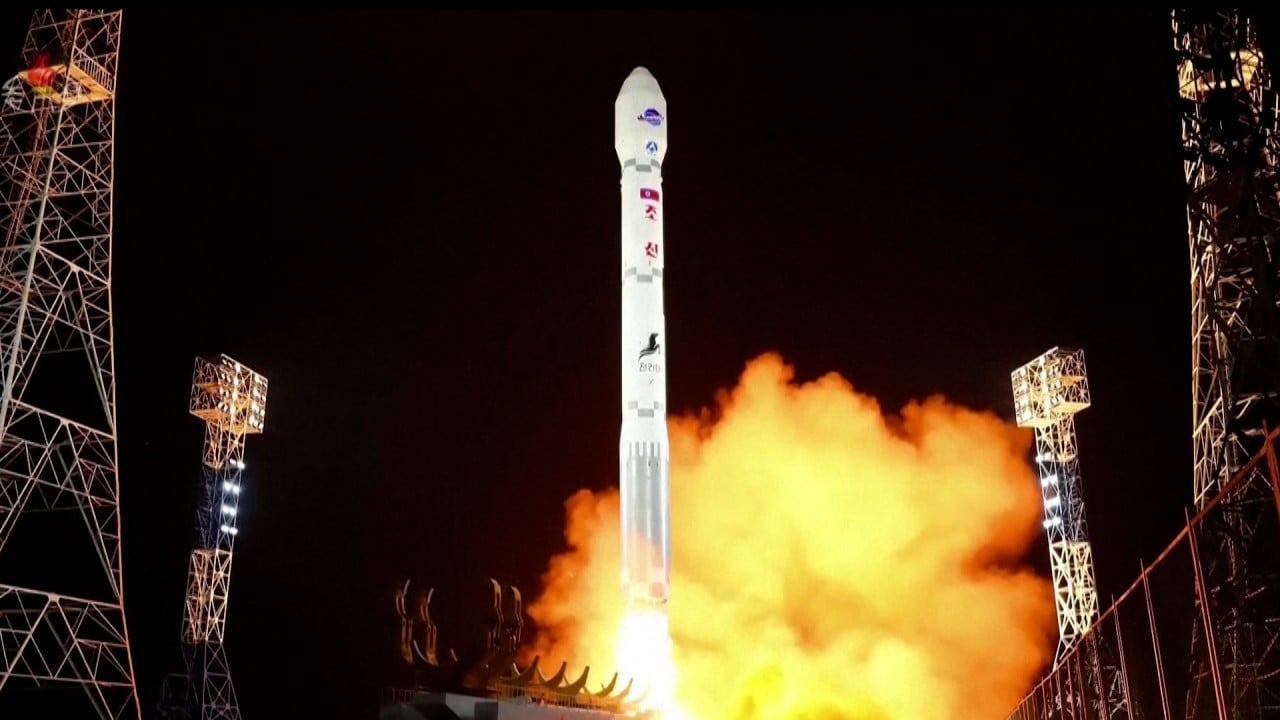China’s GPS rival BeiDou prepares to take off as Beijing moves to strengthen home-grown satellite navigation
China’s satellite navigation market is expected to grow rapidly in the coming years amid the nation’s efforts to strengthen the footing of its home-grown BeiDou system and expand the overseas market, according to a new report.
The value of China’s satellite navigation and location-based services reached 536.2 billion yuan (US$74.2 billion) last year, an increase of 7.09 per cent on 2022, according to a white paper released by the Global Navigation Satellite System and Location Based Services Association of China (GLAC) on Saturday.
The industry, which centres on the BeiDou navigation system – China’s equivalent of the US Global Positioning System (GPS) – has covered a wide range of sectors, from chips and devices to algorithms and data. It has grown steadily in recent years from 12.7 billion yuan (US$1.7 billion) in 2006, according to the report.
With the gradual recovery of economic development, digital transformation and intelligent upgrades in various industries, the demand for satellite navigation equipment and space-time data also soared last year, the report said.
There were 20,000 market entities in the sector that had created jobs for nearly 1 million people, the report said.
“It is expected that the sector will get back to the fast track of development in coming years,” it said.
The first BeiDou satellites were launched in 2000, and 20 years later China officially unveiled its third-generation system and started to provide services to its partners in the Belt and Road Initiative, Beijing’s mega infrastructure project for overseas investment.
BeiDou and GPS are two of the four core providers of global satellite navigation systems, along with Russia’s Global Navigation Satellite System, or GLONASS, and the European Union’s Galileo.
In a joint statement during Russian President Vladimir Putin’s visit to China last week, Beijing and Moscow agreed to strengthen cooperation in the application of BeiDou and GLONASS.
China and Russia said they would consolidate their long-term space partnership, including cooperating on navigation systems as well as space programmes, such as a planned international scientific research station on the moon.
In 2018, an agreement was signed between the two governments titled “Cooperation in the peaceful use of BeiDou and GLONASS” to form a framework for collaboration.
BeiDou was recognised in November by the International Civil Aviation Organisation as one of its standards, becoming a universal satellite navigation system for civil flights globally.
The continued advance in BeiDou’s international influence would drive its overseas applications, the white paper said.
“Some domestic enterprises are vigorously expanding overseas markets, and the related revenues [are] growing significantly, reaching a year-on-year growth rate of 15 per cent.”
BeiDou is widely used in smartphones, wearable devices and other consumer products. Last year, 98 per cent of domestically produced smartphones supported BeiDou positioning functions.




